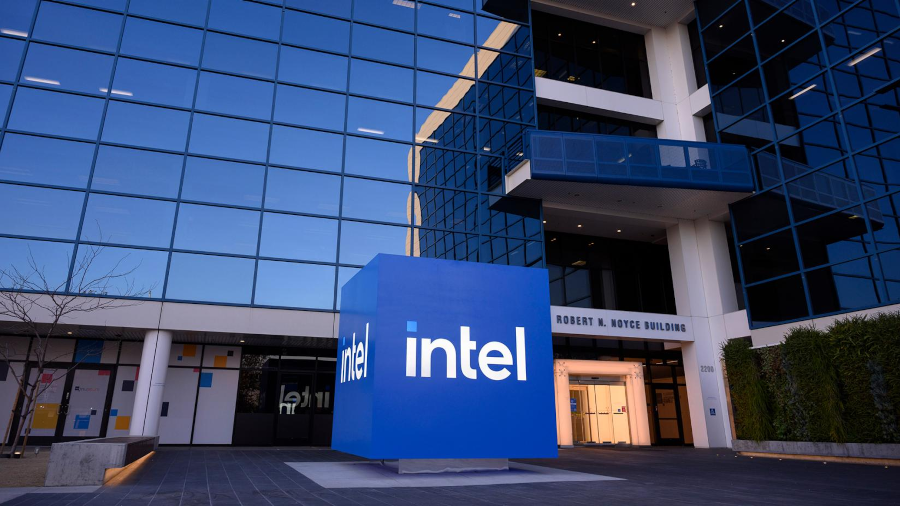 INFRA
INFRA
 INFRA
INFRA
 INFRA
INFRA
Intel Corp. plans to announce a significant round of layoffs later this week, Bloomberg reported on Tuesday.
The company is expected to let go more than 20% of its workforce, which stood at 108,900 employees last December. That means over 20,000 roles could be cut. It’s unclear which business units are set to be affected by the layoffs.
Intel shares rose more than 5% on the news in today’s trading session.
The workforce reduction is reportedly part of an effort by Intel Chief Executive Officer Lip-Bu Tan to “streamline management and rebuild an engineering-driven culture.” Tan, a prominent startup investor and onetime CEO of Cadence Design Systems Inc., took the helm in March. He succeeded Pat Gelsinger, who stepped down last December following disagreements with Intel’s board about the direction of the company.
During an event held earlier this month, Tan signaled that he plans to cut bureaucracy at the chipmaker. That suggests the layoffs may focus on Intel’s middle management layer. Tan has already begun the process of streamlining Intel’s organizational structure: last month, he informed staffers that Intel’s three core business units would report directly to him going forward.
Several major tech firms have taken steps to shrink their middle management layers over the past two years. In 2023, Meta Platforms Inc. launched an efficiency drive focused on “removing multiple layers of management.” The following year, Amazon.com Inc. CEO Andy Jassy detailed a similar initiative in an internal memo.
The report that Intel is preparing to lower its headcount comes less than a year after it laid off 15% of its employees. At the time, the company stated it was hoping to save $10 billion annually through the job cuts and other cost-cutting initiatives.
The latest layoffs are reportedly part of a broader plan to make Intel more competitive. Last month, Reuters reported that Tan has also considered “significant changes” to the company’s fab network.
Tan is expected to prioritize initiatives that can boost Intel factories’ yield. This is the percentage of chips that are produced without manufacturing defects. Additionally, Intel will reportedly make it easier for foundry customers to use its chip manufacturing processes.
According to Reuters’ sources, artificial intelligence is also a focus of Tan’s strategy.
Intel reportedly hopes to speed up its chip development program and launch a new AI processor annually, a practice that has already been adopted by Nvidia Corp. Achieving that pace is expected to take the company several years. It’s believed Intel’s first “compelling new architecture” for AI processors will launch in 2027 at the earliest.
Support our mission to keep content open and free by engaging with theCUBE community. Join theCUBE’s Alumni Trust Network, where technology leaders connect, share intelligence and create opportunities.
Founded by tech visionaries John Furrier and Dave Vellante, SiliconANGLE Media has built a dynamic ecosystem of industry-leading digital media brands that reach 15+ million elite tech professionals. Our new proprietary theCUBE AI Video Cloud is breaking ground in audience interaction, leveraging theCUBEai.com neural network to help technology companies make data-driven decisions and stay at the forefront of industry conversations.